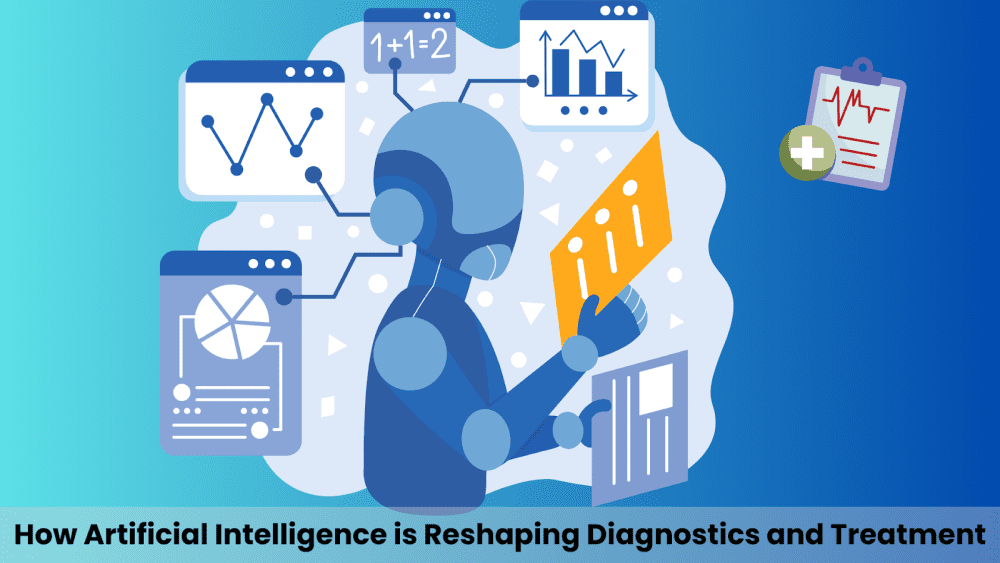The Role of Accurate Medical Records and Data Security
In the rapidly evolving field of healthcare, the importance of accurate medical records and data security cannot be overstated. Care providers owe our patients accurate medical records and data security as part of ethical care. This is especially critical in the context of AI tools, which are increasingly being integrated into healthcare systems. However, the integration of AI in healthcare raises significant ethical concerns, particularly regarding data security and patient privacy. According to a report, doctors with knowledge of artificial intelligence will hold an advantage, but this comes with the responsibility of ensuring data security and ethical use of AI tools.
The Impact of AI
While AI has the potential to revolutionize healthcare by improving efficiency and accuracy, its impact on healthcare outcomes is a topic of debate. A clinician’s use of AI tools is increasingly detrimental to healthcare outcomes, and especially unethical and damaging in mental healthcare. For instance, a study highlights concerns about the diagnostic reliability and privacy issues associated with AI tools like Elon Musk’s AI bot Grok. Unlike traditional health data systems governed by laws like HIPAA, Grok lacks strict safeguards, risking exposure of personal information.
Ethical Considerations in Mental Healthcare
The ethical implications of using AI in mental healthcare are particularly concerning. The integration of AI in mental health services can lead to significant ethical and privacy issues. Studies indicate that AI systems can be biased, potentially leaving certain individuals and communities at a disadvantage or even causing harm. Key recommendations include preparing summaries of datasets and presenting them in plain language and identifying known or anticipated sources of bias, error, or other influencing factors in the data. This is crucial to ensure that AI tools do not exacerbate existing inequalities in mental healthcare.
Data Security in Healthcare
Data security is a critical aspect of ethical healthcare. Millions of patient scans and health records are at risk of exposure due to vulnerabilities in protocols like DICOM. Over 3,800 exposed servers across more than 110 countries have exposed the personal information of some 16 million patients. This highlights the need for stringent data security measures and compliance with regulations like HIPAA to protect patient privacy. The potential for data tampering and medical misdiagnosis due to these vulnerabilities underscores the importance of robust data security practices in healthcare.
The Future
Despite the ethical and privacy concerns, AI has the potential to drive significant improvements in healthcare. For instance, AI-powered tools for identifying healthcare-associated infections (HAIs) have shown promise in improving accuracy and efficiency in healthcare settings. The use of AI in healthcare is driving improved patient outcomes and advancing health equity. However, it is crucial to balance the benefits of AI with ethical considerations and ensure that AI tools are used responsibly and transparently.
Related Articles
- The Value of Private Data in AI Development
- AI Tools in Healthcare Industry
- AI in Healthcare: Enhancing Empathy, Accuracy, and Safety
- ChatGPT Outperforms Doctors in Empathy and Accuracy
Looking for Travel Inspiration?
Explore Textify’s AI membership
Need a Chart? Explore the world’s largest Charts database
